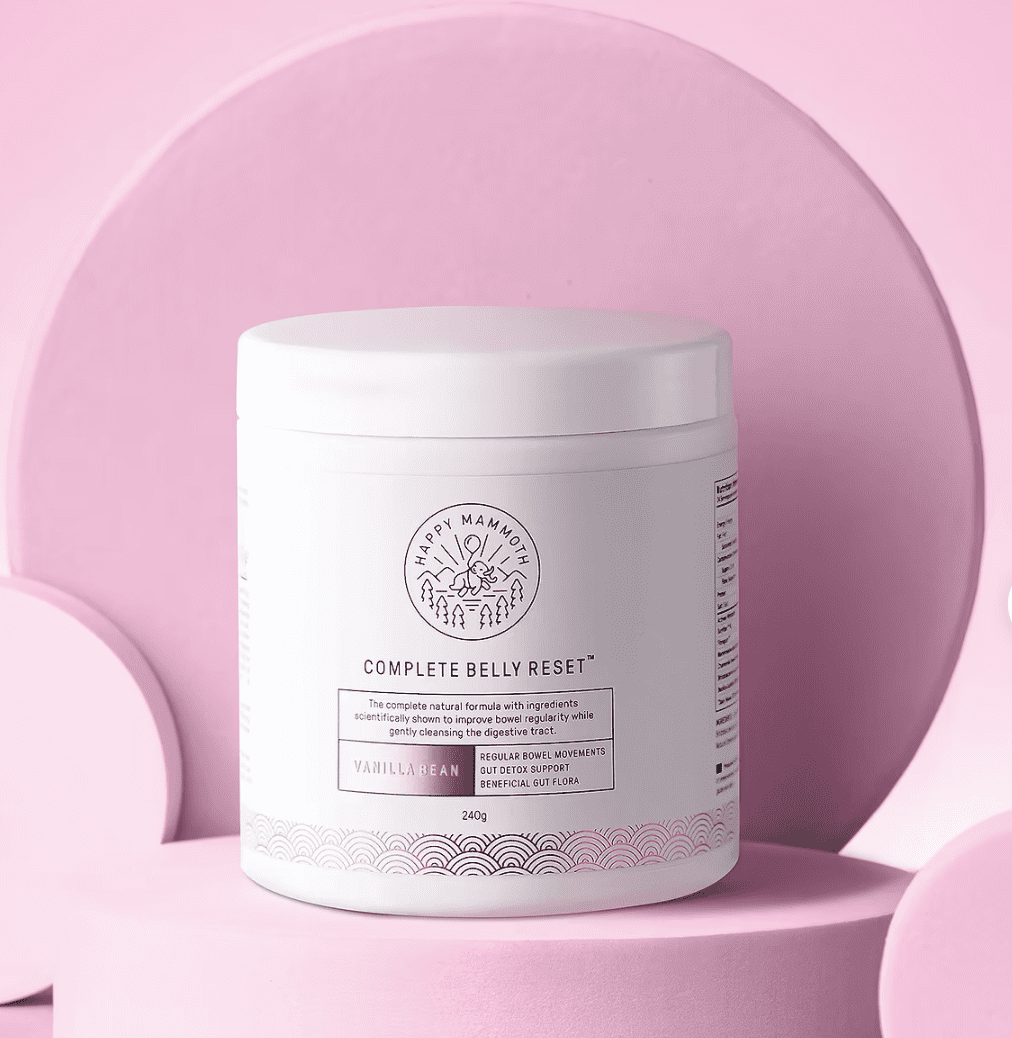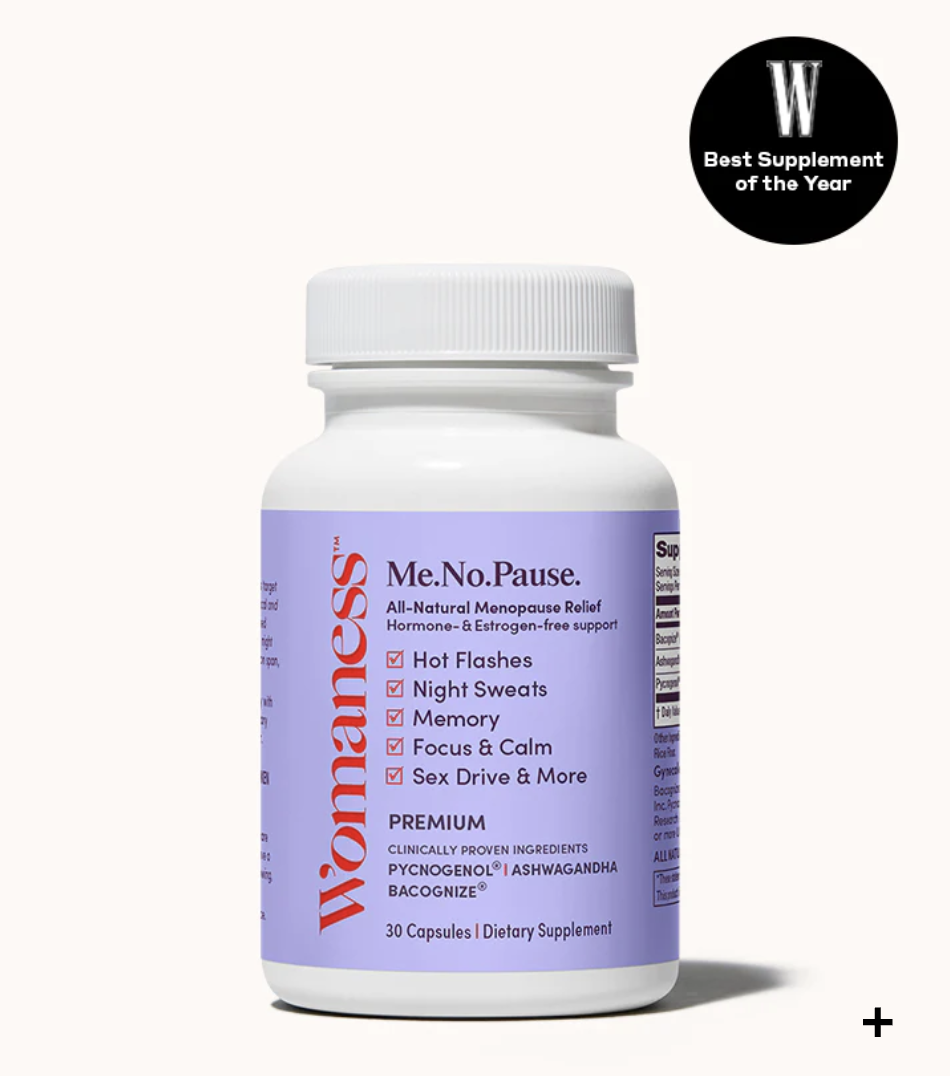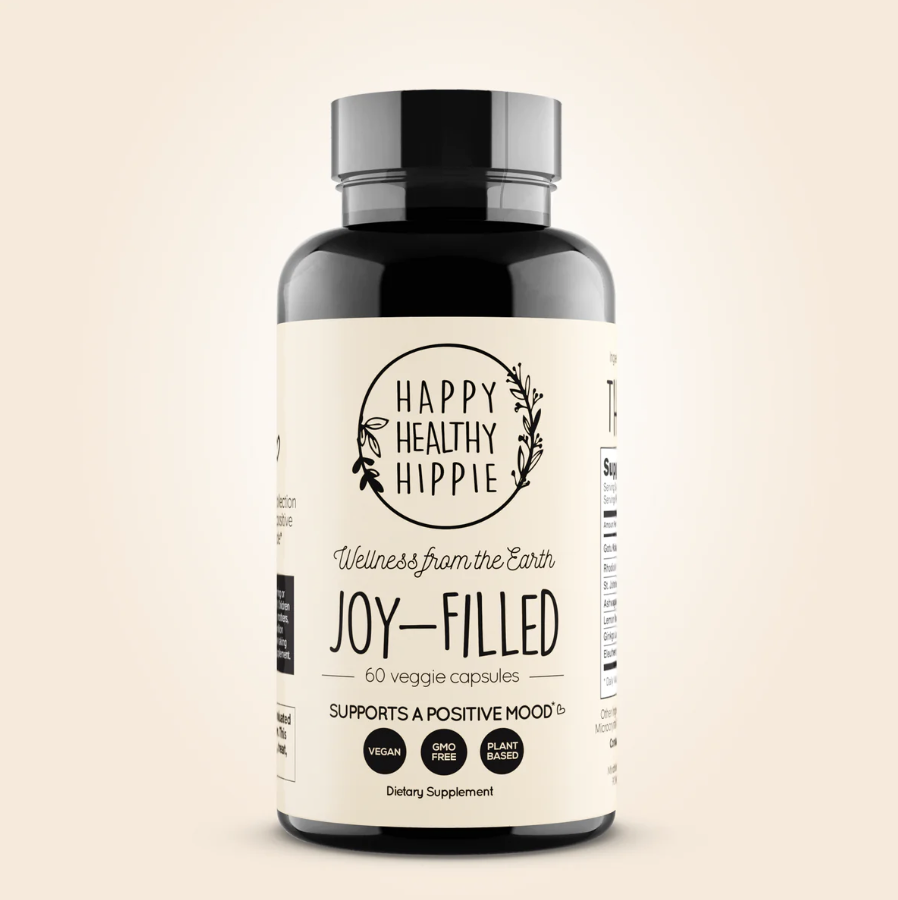Menopause brings changes to women’s bodies, including shifts in gut health. The gut microbiome plays a key role in managing hormones, mood, and weight during this transition. Prebiotics can help support a healthy gut during menopause by nourishing beneficial bacteria.
- Understanding Menopause
- The Importance of Gut Health
- Impacts of Menopause on Gut Microbiota
- Prebiotics and Their Role in Menopause
- Probiotics: Allies for Menopausal Gut Health
- Nutrition and Diet: Building a Menopause-Friendly Diet
- Lifestyle Factors Affecting Gut Health During Menopause
- Menopause and Digestive Health
- Mental and Emotional Well-being
- Health Conditions Linked to Menopause and Gut Health
- Interventions and Therapies
Maintaining gut health becomes especially important as women go through menopause. A balanced gut microbiome can help ease common symptoms like hot flashes, weight gain, and mood swings. It may also support bone health by aiding in the absorption of calcium and vitamin D.
Women can take steps to boost their gut health during menopause. Eating a diet rich in prebiotics, staying active, and managing stress are all helpful strategies. Some women may also consider probiotic supplements or hormone replacement therapy in consultation with their doctor.
Understanding Menopause
Menopause marks a major change in a woman’s life. It affects hormones, physical health, and overall well-being. This transition brings shifts that impact the body in many ways.
Hormonal Changes During Menopause
Menopause occurs when the ovaries stop producing eggs. This leads to a drop in estrogen and progesterone levels. Estrogen plays a key role in many body functions.
As estrogen declines, it affects bones, heart health, and metabolism. The body may struggle to regulate temperature. This can cause hot flashes and night sweats.
Progesterone levels also fall during menopause. This hormone helps prepare the uterus for pregnancy. Its decrease can lead to irregular periods before they stop completely.
Common Symptoms and Health Risks
Many women experience physical and emotional symptoms during menopause. Hot flashes are one of the most common issues. They can disrupt sleep and daily life.
Other symptoms may include:
- Mood swings
- Vaginal dryness
- Weight gain
- Sleep problems
Menopause also raises certain health risks. Lower estrogen can lead to bone loss, increasing the chance of osteoporosis. This makes bones more likely to break.
Heart disease risk goes up after menopause. The loss of estrogen’s protective effects on the heart is one reason for this change.
Weight gain is common during this time. It can raise the odds of obesity and related health issues. Regular exercise and a healthy diet can help manage weight.
The Importance of Gut Health
Gut health plays a key role in overall wellness. It affects digestion, immunity, and even mood. A balanced gut microbiome supports health in many ways.
Gut Microbiome Basics
The gut microbiome is made up of trillions of microbes living in the digestive tract. These tiny organisms help break down food and make nutrients. A diverse microbiome is best for health.
Some ways to support gut microbiome health:
- Eat fiber-rich foods like fruits, veggies, and whole grains
- Include fermented foods like yogurt or kimchi
- Limit processed foods and added sugars
- Stay hydrated
- Get enough sleep
- Manage stress

Gut Detoxification System
Promotes Effortless Tummy Flattening*
Bloat Banisher’s pure plant extracts help to reduce gas buildup and calm stomach irritation quickly.
A healthy gut lining keeps harmful substances out of the bloodstream. This is called gut barrier integrity. Good bacteria help maintain this protective barrier.
Gut-Brain Connection
The gut and brain talk to each other through the gut-brain axis. This link affects both physical and mental health.
Gut bacteria make chemicals that impact mood and thinking. For example, most of the body’s serotonin is made in the gut. Serotonin helps regulate sleep, appetite, and mood.
Stress can harm gut health by:
- Changing gut bacteria balance
- Slowing digestion
- Weakening the gut barrier
Taking care of gut health may help improve brain function and mood. Eating well, exercising, and managing stress all support a healthy gut-brain connection.
Impacts of Menopause on Gut Microbiota
Menopause brings big changes to a woman’s body. These changes affect the gut microbiota in important ways. Let’s look at how hormones and the estrobolome play a role.

Menopause
Take on perimenopause and menopause’s toughest symptoms—hot flashes and night sweats, vaginal dryness, memory and mood—with our hormone-free, doctor-approved supplement featuring clinically studied ingredients.
Hormonal Influence on Microbiota
During menopause, hormone levels shift. This change impacts the gut microbes. Estrogen levels drop, which alters the balance of bacteria in the gut.
Low estrogen can lead to less diversity in gut bacteria. This may cause digestive issues and weight gain. Some women notice more bloating or constipation.
The gut microbes also affect how the body processes hormones. This creates a two-way relationship between hormones and gut health.
Eating a diet rich in plant foods can help. Fiber feeds good bacteria and supports a healthy gut during menopause.
Estrobolome and Menopause
The estrobolome is a group of gut bacteria that process estrogen. These bacteria play a key role in hormone balance.
As estrogen levels fall in menopause, the estrobolome changes too. This can affect how the body handles remaining estrogen.
A healthy estrobolome may help ease some menopause symptoms. It can also support bone and heart health after menopause.
Eating foods with prebiotics can boost the estrobolome. Good choices include garlic, onions, and asparagus.
Probiotics may also help. They can add good bacteria to the gut and support the estrobolome’s function.
Prebiotics and Their Role in Menopause
Prebiotics play a key role in supporting gut health during menopause. They feed beneficial bacteria and may help ease some menopausal symptoms.
Defining Prebiotics and Their Functions
Prebiotics are types of fiber that humans can’t digest. They pass through the digestive system and feed good gut bacteria. Common prebiotics include inulin, fructooligosaccharides, and galactooligosaccharides.
When gut bacteria break down prebiotics, they make short-chain fatty acids (SCFAs). SCFAs help keep the gut lining healthy. They also reduce inflammation in the body.
Prebiotics boost levels of good bacteria like Bifidobacteria and Lactobacilli. This improves overall gut health and function.
Benefits of Prebiotics for Menopausal Women
Prebiotics may ease some menopause symptoms. They can help with weight control by increasing feelings of fullness. This is helpful as many women gain weight during menopause.
Prebiotic fiber supports bone health by improving calcium absorption. This is important since bone loss speeds up after menopause.
Gut bacteria affect mood and sleep. Prebiotics may help with mood swings and sleep issues common in menopause.
Some studies show prebiotics can reduce hot flashes. They may also help prevent vaginal dryness by supporting vaginal bacteria.
Probiotics: Allies for Menopausal Gut Health
Probiotics play a key role in supporting gut health during menopause. These beneficial bacteria can help balance hormones and ease some common menopausal symptoms.
Understanding Probiotics
Probiotics are live microorganisms that provide health benefits when consumed. They are found in fermented foods like yogurt, kefir, and sauerkraut. Probiotic supplements are also available.
The most common probiotic strains include Lactobacillus and Bifidobacterium. These bacteria help digest food, produce vitamins, and protect against harmful microbes.
During menopause, hormone changes can disrupt the gut microbiome. This may lead to digestive issues and other health problems. Probiotics can help restore balance to the gut.
Probiotics and Hormonal Health
Probiotics may help manage some menopausal symptoms by influencing hormone levels. They can affect estrogen metabolism and production.
Some probiotic strains may reduce hot flashes and night sweats. Others might improve bone density and lower the risk of osteoporosis.
Probiotics can also support vaginal health. They help maintain a healthy pH and prevent infections. This is especially important during menopause when vaginal tissue becomes thinner and drier.
Regular probiotic intake may help with weight management. Some studies suggest probiotics can reduce belly fat and improve metabolism in menopausal women.
Nutrition and Diet: Building a Menopause-Friendly Diet
A menopause-friendly diet focuses on supporting gut health and balancing hormones. Key elements include foods that nourish beneficial gut bacteria and plant compounds that mimic estrogen in the body.
Foods to Support Gut Microbiome
Fiber-rich foods feed good gut bacteria. Fruits, vegetables, whole grains, and legumes are great choices. Aim for 25-30 grams of fiber daily.
Fermented foods add beneficial bacteria to the gut. Try yogurt, kefir, sauerkraut, or kimchi. These foods can boost gut health and may help reduce menopause symptoms.
Prebiotics are special fibers that feed good gut bacteria. Garlic, onions, leeks, and bananas are good sources. Adding these to meals can improve gut microbiome diversity.
Staying hydrated is crucial for gut health. Drink plenty of water throughout the day. Herbal teas can also support hydration and gut function.
Phytoestrogens and Menopause
Phytoestrogens are plant compounds that act like weak estrogens in the body. They may help ease menopause symptoms.
Soy foods are rich in isoflavones, a type of phytoestrogen. Tofu, tempeh, and edamame are good options. Aim for 1-2 servings of soy foods daily.
Flaxseeds contain lignans, another type of phytoestrogen. Add ground flaxseeds to smoothies or oatmeal. Start with 1-2 tablespoons per day.
Other foods with phytoestrogens include:
- Sesame seeds
- Chickpeas
- Dried fruits (prunes, dates)
- Berries
These foods can be part of a balanced diet to support hormone levels during menopause.
Lifestyle Factors Affecting Gut Health During Menopause
Exercise and stress management play key roles in gut health during menopause. These lifestyle choices can impact digestion, hormone balance, and overall well-being.
Exercise and Physical Activity
Regular exercise helps keep the digestive system moving. It can ease constipation and boost good gut bacteria. Aim for 30 minutes of moderate activity most days of the week.
Walking, swimming, and yoga are great options. These activities can help:
- Improve digestion
- Reduce bloating
- Manage weight
- Balance hormones
Exercise also boosts mood and energy levels. This can help cope with menopause symptoms that affect gut health.
Stress Management Techniques
Stress can harm gut health during menopause. It may cause digestive issues and disrupt the gut-brain connection.
Try these stress-busting methods:
- Deep breathing
- Meditation
- Gentle yoga
- Mindfulness practices
These techniques can calm the nervous system. They may help reduce:
- Stomach upset
- Acid reflux
- Irritable bowel symptoms
Lowering stress can also improve sleep. Better sleep supports a healthy gut and hormone balance.
Menopause and Digestive Health
Menopause can bring changes to digestive health. Many women experience bloating, constipation, and other gut issues during this time. These problems often stem from hormone shifts that affect the digestive system.
Managing Bloating and Constipation
Bloating and constipation are common troubles during menopause. To ease bloating, women can try eating smaller meals more often. Chewing food well and avoiding fizzy drinks can also help.
For constipation relief, drinking more water is key. Adding fiber-rich foods like fruits, veggies, and whole grains to meals can keep things moving. Regular exercise, even a daily walk, supports healthy digestion too.
Some find that cutting back on caffeine and alcohol eases both bloating and constipation. Stress can worsen these issues, so finding ways to relax is important.
IBS and Menopause
Irritable Bowel Syndrome (IBS) symptoms may flare up during menopause. Women might notice more belly pain, gas, and changes in bowel habits.
The drop in estrogen can make the gut more sensitive. This can lead to more frequent IBS symptoms. Keeping a food diary can help spot trigger foods.
Peppermint tea or oil may soothe an upset stomach. Probiotics found in yogurt or supplements might also help balance gut bacteria.
For some, working with a doctor to adjust hormone levels can improve IBS symptoms. Stress management techniques like deep breathing or yoga can also provide relief.
Mental and Emotional Well-being
Menopause affects both mental and emotional health. Changes in hormones can impact mood, thinking, and stress levels. Diet and gut health play key roles in managing these shifts.
Mood Fluctuations and Cognition
Many women feel mood swings during menopause. They may get upset or sad more easily. Some have trouble focusing or remembering things. This “brain fog” can be frustrating.
Eating foods good for gut health may help. Fiber-rich foods feed helpful gut bacteria. These bacteria make chemicals that affect mood and thinking.
Good gut foods include:
- Fruits and vegetables
- Whole grains
- Beans and lentils
- Yogurt with live cultures
Getting enough sleep and exercise also supports brain health. Taking time to relax can ease stress and mood changes.
Depression and Anxiety Support Strategies
Some women feel more sad or worried during menopause. These feelings can be hard to deal with. But there are ways to feel better.
Talking to a doctor or therapist can help. They may suggest:
- Stress-relief methods
- Medication if needed
- Support groups
Eating well supports mental health too. Foods with omega-3 fats may lift mood. These include:
- Fatty fish like salmon
- Walnuts
- Flax seeds
Regular exercise boosts mood. Even short walks can help. Mindfulness and deep breathing calm anxious thoughts.
Staying social is key. Friends and family can offer support. Hobbies and new interests keep the mind active and positive.
Health Conditions Linked to Menopause and Gut Health
Menopause affects gut health, which can impact several health conditions. Changes in gut bacteria during this time may increase risks for heart problems and bone loss.
Cardiovascular Disease Risks
Menopause brings changes that can raise heart disease risk. Lower estrogen levels can affect blood vessel function and cholesterol levels.
The gut microbiome plays a role too. Some gut bacteria produce compounds that may protect the heart. Others can make substances that increase inflammation.
A study found that post-menopausal women had less diverse gut bacteria than pre-menopausal women. This change might add to heart disease risk.
Eating foods rich in fiber and plant compounds can help. These foods feed good gut bacteria. They may also help lower cholesterol and blood pressure.
Bone Health and Osteoporosis Prevention
Bone loss speeds up after menopause due to dropping estrogen levels. The gut microbiome affects bone health in several ways.
Gut bacteria help the body absorb calcium and vitamin D. These nutrients are key for strong bones. Some gut microbes also make short-chain fatty acids that can boost bone density.
A healthy gut lining is important too. It helps the body take in more bone-building nutrients.
Probiotics and prebiotics may help prevent bone loss. They support good gut bacteria growth. Some studies show that taking these supplements might slow bone loss in menopausal women.
Eating a diet rich in fruits, vegetables, and whole grains supports both gut and bone health. These foods provide fiber and nutrients that feed helpful gut bacteria.
Interventions and Therapies
Women going through menopause have options to manage symptoms and support gut health. These include medical treatments and natural approaches.
Hormone Replacement Therapy (HRT)
HRT helps balance hormones during menopause. It can ease hot flashes, night sweats, and mood swings. Some research shows HRT may also benefit gut health.
HRT comes in different forms:
- Pills
- Patches
- Gels
- Creams
Doctors tailor HRT to each woman’s needs. They consider factors like age, symptoms, and health history. HRT can have risks, so it’s key to discuss options with a doctor.
Some studies link HRT to positive changes in gut bacteria. This may help with weight management and digestive issues during menopause.
Complementary and Alternative Medicine
Many women try natural remedies to ease menopause symptoms and support gut health.
Popular options include:
- Probiotics
- Prebiotics
- Herbal supplements
- Dietary changes
Probiotics add good bacteria to the gut. They may help with digestion and immune function. Prebiotics feed these good bacteria. Foods like garlic, onions, and asparagus are rich in prebiotics.
Some herbs, like black cohosh and red clover, may help with hot flashes. Others, such as ginger and peppermint, can aid digestion.
A diet high in fiber and low in processed foods supports gut health. This can help manage weight and reduce inflammation during menopause.










